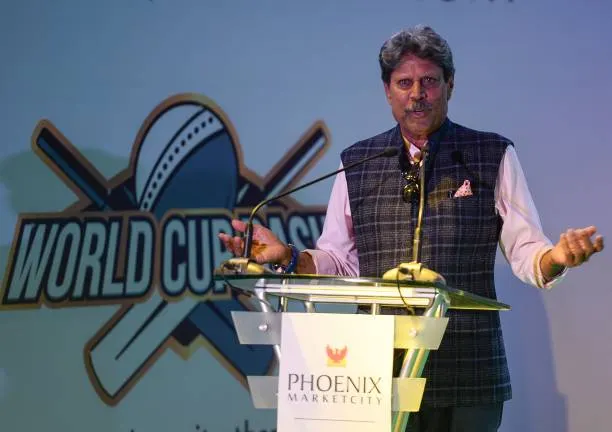
Ahead of the high-stakes India vs Pakistan Asia Cup clash, former India captain Kapil Dev has laid down a simple but stern message: Indian players must concentrate on their cricket, ignore external distractions, and focus on one objective—“just go and win.” His words come amid rising tensions, public debates, and political noise surrounding the match.
Kapil Dev’s admonition follows calls from some quarters in India to boycott the fixture in light of recent events, including the tragic Pahalgam terror attack that stoked strong emotions among fans, media, and social commentators. With petitions in court and public sentiment fueling debates over whether India should face Pakistan in multilateral tournaments, the pressure is greater than usual. Addressing this atmosphere, Kapil Dev made clear that policy decisions are the government’s domain, but for the players, there must be no hesitation.
Quoting his advice: “The Indian players should stay focused solely on the game. They have a good team and must win. Players should concentrate only on their performance and not get distracted by anything else. Just go and win. The government will do its job, and the players should do theirs.” These comments were shared following India’s dominant win over UAE, signalling his conviction that performance and mental composure are more important than the rhetoric surrounding the contest.
In delivering this message, Kapil Dev is drawing attention to two vital aspects of high-level sport under pressure. First, the mindset: when a match carries not just sporting but emotional weight, controlling one’s mental space becomes as essential as technical skills. Second, unity: he implicitly rallied the team around a “collective” identity rather than letting divisive narratives dominate. When the public, media, or external voices start framing events in moral or political terms, his plea is for the players to remain anchored in what they can control—how they play.
For the Indian team, Kapil’s warning is timely. They are scheduled to face Pakistan in Group A of the Asia Cup, and given the history and rivalry, this match will draw intense scrutiny. How India respond—both mentally and on the field—could set the tone for the rest of the tournament. If nerves creep in, or if players overthink the context rather than focusing on the process, things could unravel. On the other hand, effective execution—a sharp start, disciplined bowling, smart batting, clean fielding—could make the difference.
Kapil’s message also mirrors what many modern sports psychologists emphasize: isolation of performance factors. In moments of high drama, athletes are often reminded to limit focus to variables within their control: their preparation, mindset, skill execution, teamwork. Everything else—the noise, the expectations, the controversy—is external and can be distracting if given undue importance.
There’s also an element of mentorship in Kapil’s words. As someone who has led India under both triumph and turmoil, he understands the burden of representing a cricket-mad nation. His reminder that the team is “good” is a vote of confidence, intended to reinforce belief among younger players who may feel pressure mounting. Winning isn’t just about skill—it’s about belief.
At the end of the day, this India vs Pakistan match will unfold whether or not people agree with it, petition against it, or generate chatter about diplomacy and national sentiment. Kapil Dev’s message is one of clarity and singular purpose: players in blue have one job—step on that field, do what they know, stay composed, and win.
In the murmur of external voices, his advice is stark: don’t get lost in the background. Focus on what matters. And when the first ball is bowled, let action speak louder than words.
12BET Shortlisted for Sportsbook Operator of the Year at SBC Awards 2025

